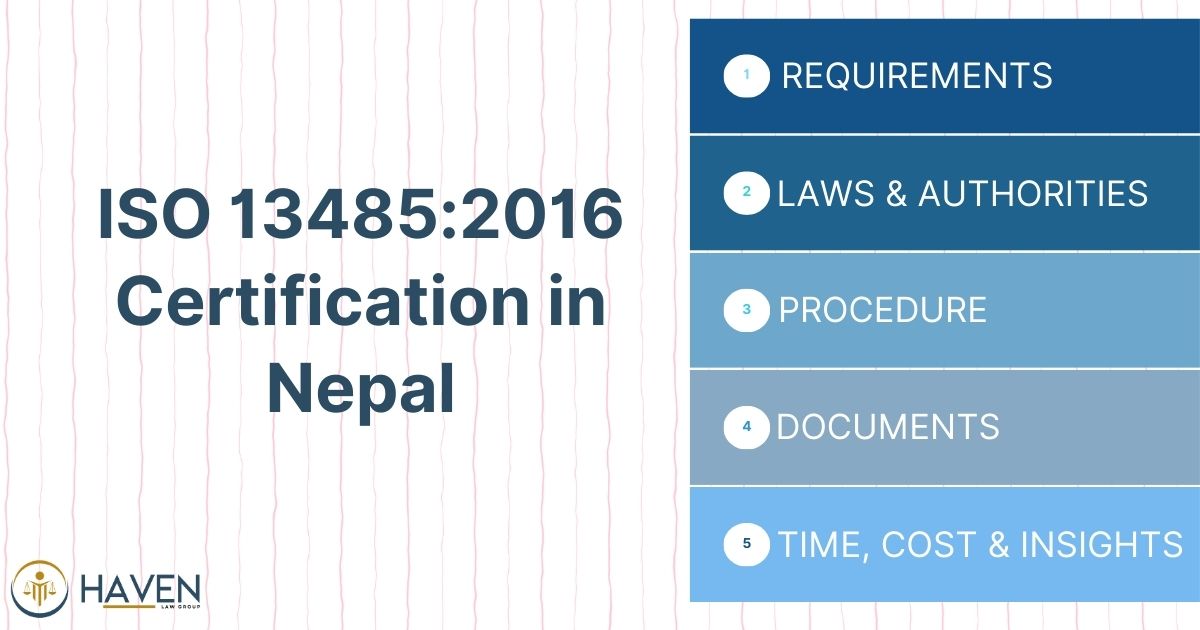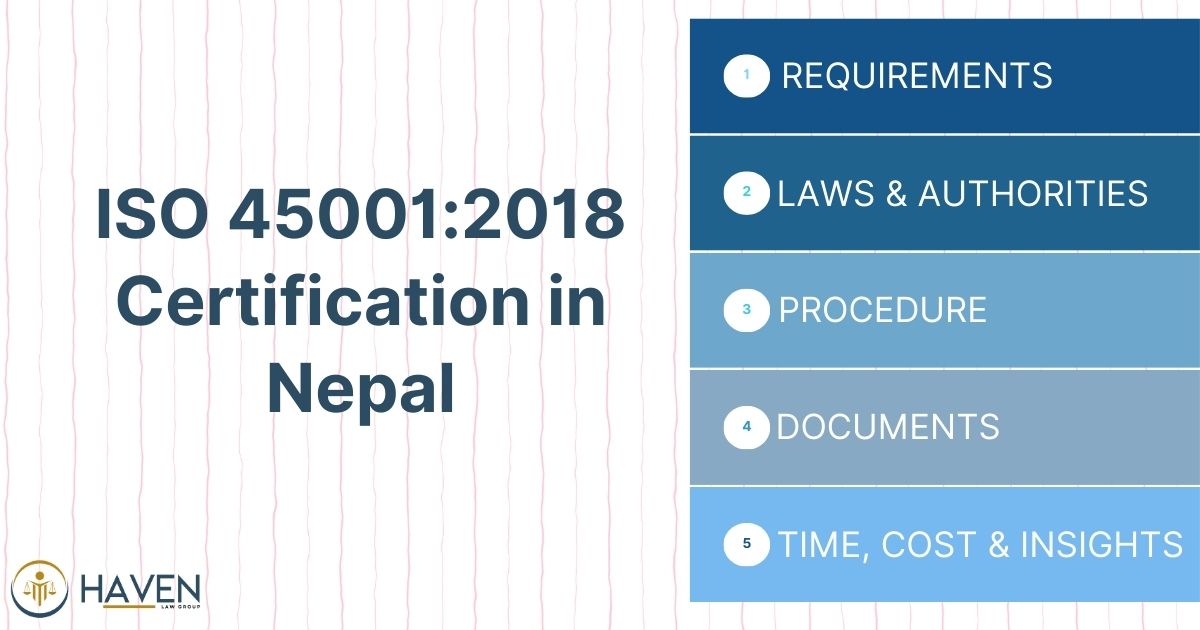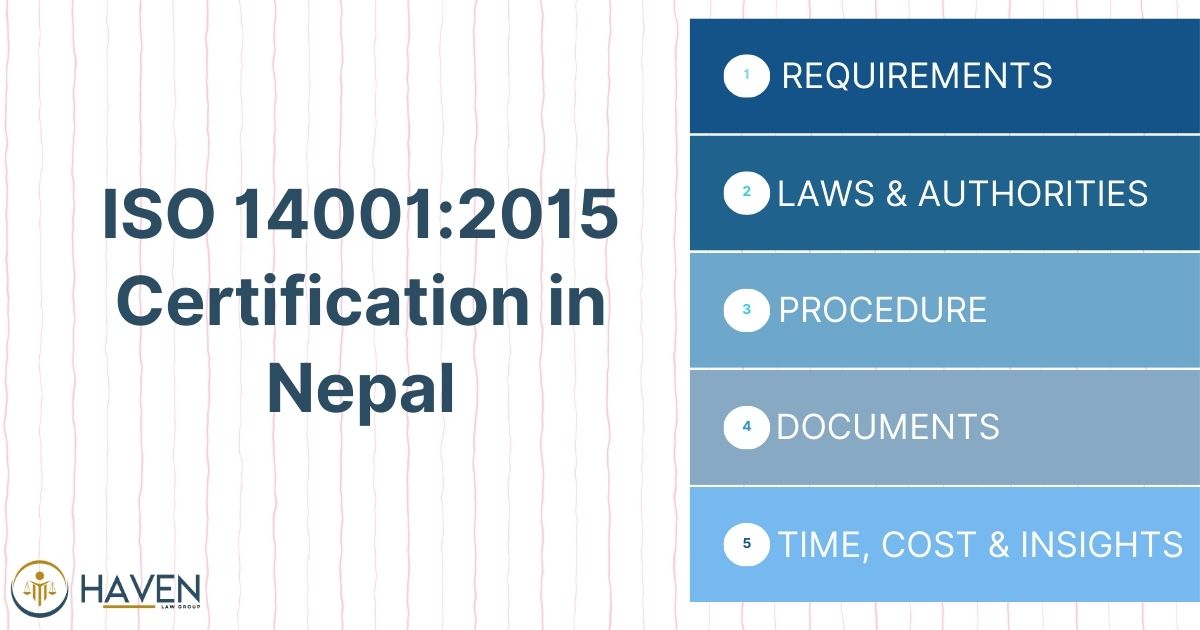How is property divided after a husband’s death?
In Nepal, the partition of property after a husband’s death is governed by the Muluki Civil Code 2074 (2017). The property is typically divided among the legal heirs, including the wife, children, and in some cases, parents. The division process considers various factors such as the deceased’s will (if any), the nature of the property (ancestral or self-acquired), and the relationship of the claimants to the deceased. The law aims to ensure fair distribution while protecting the rights of dependents.
This process of partition of property after husband’s death in Nepal involves identifying all assets, settling any outstanding debts, and then allocating shares to eligible heirs. In cases where the deceased left a valid will, the distribution generally follows the instructions provided, unless challenged by legal heirs. If there is no will, the property is divided according to intestate succession laws.
Who can claim a share in the deceased’s property?
Under Nepali law, several individuals can claim a share in the deceased husband’s property:
- Surviving spouse (wife)
- Children (both sons and daughters)
- Parents of the deceased (if alive)
- Siblings of the deceased (in certain circumstances)
- Grandchildren (if their parent, who was the child of the deceased, has already passed away)
The order of priority and the share each claimant receives depend on their relationship to the deceased and the specific circumstances of the case. The Muluki Civil Code 2074 (2017) provides guidelines for property distribution, ensuring that immediate family members, particularly the spouse and children, are given priority in inheritance matters. In cases where there are no immediate heirs, more distant relatives may be eligible to claim a share, following the order of succession outlined in the law.
Do wives have rights to the husband’s property?
Yes, wives in Nepal have significant rights to their husband’s property after his death. The Muluki Civil Code 2074 (2017) recognizes the wife’s right to inherit her deceased husband’s property. According to the law, a widow is entitled to an equal share of her husband’s property along with their children. This applies to both ancestral and self-acquired property of the deceased husband.
The wife’s right to property is protected regardless of whether the couple had children or not. In cases where there are no children, the wife may receive a larger share of the property. Additionally, if the husband left a will, the wife’s right to receive a reasonable portion of the property is still protected, even if the will states otherwise. This legal provision ensures financial security for widows and recognizes their contribution to the family.
Are daughters entitled to the father’s property?
In Nepal, daughters have equal rights to their father’s property as sons. This equality was established through amendments to the Country Code (Muluki Ain) in 2002 and further reinforced by the Muluki Civil Code 2074 (2017). Daughters are entitled to an equal share of their father’s property, including both ancestral and self-acquired assets.
This right applies whether the daughter is married or unmarried. Previously, there were restrictions on married daughters’ inheritance rights, but these have been abolished. Now, daughters can claim their share of the father’s property even after marriage. This legal change represents a significant step towards gender equality in Nepal’s inheritance laws. It ensures that daughters are not discriminated against in matters of property inheritance and have the same rights as sons to their father’s estate.
Can stepchildren claim property after a husband’s death?
The rights of stepchildren to claim property after a husband’s death in Nepal are not as straightforward as those of biological children. The Muluki Civil Code 2074 (2017) does not explicitly address the inheritance rights of stepchildren. Generally, stepchildren do not have an automatic legal right to inherit from their stepfather unless they have been legally adopted.
If a stepchild has been formally adopted by the deceased husband, they would have the same inheritance rights as biological children. In cases where there is no formal adoption, stepchildren may still be able to claim a share of the property if the deceased husband had explicitly included them in his will. Without a will or legal adoption, stepchildren typically do not have a legal claim to the property. However, the court may consider exceptional circumstances or the deceased’s clear intention to provide for the stepchild in making its decision.
Are debts deducted before property partition?
Yes, in Nepal, debts are typically deducted before the partition of property following a husband’s death. This process is known as debt settlement and is an essential step in the overall property division procedure. The Muluki Civil Code 2074 (2017) stipulates that all legitimate debts and liabilities of the deceased must be settled from the estate before the remaining assets are distributed among the heirs. This includes:
- Personal loans
- Mortgages
- Business debts
- Tax liabilities
- Any other outstanding financial obligations
The executor of the estate or the legal heirs are responsible for identifying and verifying all debts. Creditors have the right to claim their dues from the deceased’s estate. Only after all valid debts are settled or provisions are made for their payment, the remaining assets are considered for distribution among the heirs. This approach ensures that the deceased’s financial obligations are met and prevents the transfer of debts to the heirs along with the assets.
Is a court order required for property partition?
A court order is not always mandatory for property partition after a husband’s death in Nepal, but it is often recommended, especially in complex cases or when disputes arise. The process can be broadly categorized into two types:
- Mutual Agreement: If all heirs agree on the division of property, they can proceed with the partition without court intervention. This involves:
- Preparing a deed of partition
- Getting it notarized
- Registering it with the relevant land revenue office
- Court-Ordered Partition: A court order becomes necessary when:
- There are disputes among heirs
- The division is complex
- Minors are involved
- There are claims from creditors
In such cases, any heir can file a partition suit in the district court. The court then oversees the entire process, ensuring fair division and resolving any disputes. Even in cases of mutual agreement, seeking court approval can provide legal certainty and prevent future disputes. The court’s involvement ensures that the partition complies with all legal requirements and protects the rights of all parties involved.
Can disputes delay property division?
Yes, disputes can significantly delay the property division process after a husband’s death in Nepal. Various factors can lead to such delays:
- Disagreements among heirs over share allocation
- Challenges to the validity of the will
- Claims from unexpected parties
- Disputes over the valuation of assets
- Allegations of hidden assets
- Conflicts regarding debt settlement
When disputes arise, the property division process often moves to the court system, which can extend the timeline considerably. The court may need to:
- Hear arguments from all parties
- Examine evidence
- Appoint experts for asset valuation
- Mediate between conflicting parties
These legal proceedings can take months or even years, depending on the complexity of the case and the court’s workload. During this period, the property typically remains undivided, and its management may be subject to court orders. To minimize delays, families are encouraged to seek mediation or negotiate amicably before resorting to litigation. However, in cases of irreconcilable differences, court intervention becomes necessary to ensure a fair and legal division of property.
Are NRN wives entitled to property in Nepal?
Non-Resident Nepali (NRN) wives are generally entitled to property in Nepal after their husband’s death, subject to certain conditions and legal provisions. The Muluki Civil Code 2074 (2017) does not discriminate against NRN wives in matters of inheritance. However, there are some considerations:
- Citizenship: If the NRN wife has retained her Nepali citizenship, her rights remain the same as resident Nepali wives.
- Foreign Citizenship: If she has acquired foreign citizenship, her property rights may be subject to restrictions under Nepali law regarding foreign ownership of property.
- Dual Citizenship: Nepal does not recognize dual citizenship, which can complicate property rights for NRN wives who have acquired foreign citizenship.
- Bilateral Agreements: Property rights may be influenced by any bilateral agreements between Nepal and the country of the NRN wife’s current residence.
NRN wives should be aware of:
- The need to provide proper documentation proving their marriage and relationship to the deceased
- Possible requirements for physical presence in Nepal during the property division process
- Potential tax implications in both Nepal and their country of residence
It’s advisable for NRN wives to consult with legal experts familiar with both Nepali inheritance laws and international property rights to navigate the complexities of their situation effectively.
What documents are needed for property claims?
To claim property after a husband’s death in Nepal, several documents are typically required. These documents help establish the claimant’s identity, relationship to the deceased, and the deceased’s ownership of the property. The necessary documents include:
- Death certificate of the deceased husband
- Marriage certificate (for the wife)
- Citizenship certificates of the deceased and all claimants
- Birth certificates of children (if claiming)
- Land ownership certificates (lalpurja) for immovable property
- Bank statements and passbooks for financial assets
- Share certificates for any company shares
- Vehicle registration papers (if applicable)
- Will of the deceased (if one exists)
- Tax clearance certificates
- Relationship verification certificate from the local authority
- Ancestral property documents (if claiming ancestral property)
- Court orders (if any previous legal proceedings related to the property)
- Adoption papers (for adopted children)
- Power of attorney (if someone is representing the claimant)
Additional documents may be required depending on the specific circumstances of the case and the nature of the property involved. It’s advisable to consult with a legal professional to ensure all necessary documents are prepared and submitted correctly to facilitate a smooth property claim process.
Is mediation required for property disputes?
While mediation is not strictly required by law for property disputes in Nepal, it is highly encouraged and often recommended before proceeding to formal court litigation. The Mediation Act 2068 (2011) provides a legal framework for mediation in various types of disputes, including those related to property division. The benefits of mediation in property disputes include:
- Faster resolution compared to court proceedings
- Lower costs than litigation
- Preservation of family relationships
- Confidentiality of the process
- More flexible and creative solutions
In many cases, the court may suggest or order mediation before proceeding with a full trial. The mediation process typically involves:
- Appointment of a neutral mediator
- Presentation of issues by all parties
- Facilitated discussion to find common ground
- Negotiation of terms acceptable to all parties
- Drafting of a mediation agreement
If mediation is successful, the agreement reached can be submitted to the court for approval, making it legally binding. If mediation fails, parties can then proceed with formal court proceedings. While not mandatory, engaging in mediation can often lead to quicker and more satisfactory resolutions in property disputes, especially in family matters where maintaining relationships is important.
How long does property partition take in Nepal?
The duration of property partition in Nepal after a husband’s death can vary significantly depending on various factors. There is no fixed timeline, and the process can range from a few months to several years. Factors affecting the duration include:
- Complexity of the estate
- Number of heirs involved
- Presence of disputes among heirs
- Completeness of documentation
- Court workload (if legal intervention is required)
Typical timelines:
- Uncontested cases with mutual agreement: 3-6 months
- Cases requiring court intervention: 1-3 years
- Complex disputes or large estates: 3-5 years or more
Steps in the process:
- Gathering necessary documents (1-2 months)
- Asset valuation (1-3 months)
- Debt settlement (1-2 months)
- Negotiation among heirs (variable)
- Drafting and registering partition deed (1-2 months)
- Court proceedings (if required) (1-3 years)
To expedite the process, it’s advisable to:
- Maintain clear records of assets and liabilities
- Encourage open communication among heirs
- Seek professional legal and financial advice
- Consider mediation for dispute resolution
The time frame can be significantly reduced if all parties cooperate and there are no complex legal issues or disputes to resolve.
FAQs
1. Are stepchildren eligible?
Stepchildren are generally not automatically eligible to inherit property after a husband’s death in Nepal unless they have been legally adopted. Without formal adoption, stepchildren’s claims to property depend on the deceased’s will or exceptional circumstances considered by the court.
2. Can disputes delay claims?
Yes, disputes can significantly delay property claims after a husband’s death. Disagreements among heirs, challenges to the will, or complex asset divisions can prolong the process, potentially leading to court proceedings that may take months or even years to resolve.
3. Are debts deducted first?
Yes, debts are typically deducted before the property is partitioned among heirs. The deceased’s estate is first used to settle all legitimate debts and liabilities, including loans, mortgages, and taxes, before the remaining assets are distributed to the heirs.
4. Is court approval mandatory?
Court approval is not always mandatory for property partition if all heirs agree on the division. However, court involvement becomes necessary when there are disputes, complex assets, or when the rights of minors or other vulnerable parties need protection.
5. Can lawyers assist?
Yes, lawyers can provide valuable assistance in property partition cases. They can help navigate legal complexities, ensure compliance with inheritance laws, represent clients in negotiations or court proceedings, and facilitate a fair and efficient division of property among heirs.
What are the partition rights of wife in Nepal?
In Nepal, a wife has equal partition rights to ancestral and jointly acquired property. According to the Civil Code 2017, a wife is entitled to an equal share of her husband’s property regardless of her contribution. She can claim this right while living with her husband or after divorce. For self-acquired property of the husband, the wife’s rights vary based on marriage duration and contributions.
How is property divided in family law in Nepal?
Property division in Nepalese family law follows these principles:
1. Equal shares among spouses and children for ancestral property
2. Equal division between husband and wife for jointly acquired property
3. Self-acquired property is divided based on contribution and marriage duration
4. The partition deed (Angsha Banda) must be registered and authenticated by land revenue offices
5. Courts may adjust shares based on dependency, disabilities, and minor children’s needs
What is the widow’s law in Nepal?
Nepal’s widow laws provide significant protections:
1. A widow has full inheritance rights to her deceased husband’s property
2. She receives an equal share as each of her children
3. She maintains lifetime rights to the property even if she remarries
4. She has complete authority to sell, transfer, or gift the inherited property
5. She’s entitled to government support programs specific to widows
Can a husband claim wife’s property in Nepal?
A husband cannot automatically claim his wife’s personal property in Nepal. The Civil Code 2017 establishes:
1. Property owned by the wife before marriage remains her personal property
2. Gifts, inheritance, and self-earned property of the wife stay exclusively hers
3. Joint property acquired during marriage can be claimed by both spouses
4. Upon divorce, a husband can only claim his share in jointly acquired property
Who inherits a husband’s property after his death in Nepal?
After a husband’s death in Nepal, inheritance follows this order:
1. Spouse (wife) and children receive equal shares
2. If no children, the wife inherits the entire property
3. In absence of wife and children, parents inherit
4. Next eligible heirs are siblings
5. Other relatives according to proximity of relationship
Can a wife claim the husband’s property after his death in Nepal?
Yes, a wife has strong claims to her husband’s property after his death:
1. She’s entitled to an equal share as each child
2. If there are no children, she inherits the entire property
3. She has complete ownership rights to sell or transfer the property
4. Her rights are protected regardless of whether a will exists
5. She retains these rights even if she lives separately from in-laws
How is property divided among family members after a husband’s death in Nepal?
Property division after a husband’s death follows this process:
1. Wife and children receive equal shares
2. Unmarried daughters get equal shares as sons
3. Minor children’s shares are managed by the surviving parent/guardian
4. Ancestral property is divided among legal heirs
5. Self-acquired property distribution follows statutory succession laws
6. Division considers dependents with special needs
What documents are required for property partition after a husband’s death in Nepal?
The following documents are essential for property partition:
1. Death certificate of the deceased
2. Citizenship certificates of all heirs
3. Marriage certificate (for the widow)
4. Birth certificates of children
5. Land ownership certificates
6. Property tax payment receipts
7. Relationship verification certificate
8. Inheritance tax clearance
9. Application for property transfer at the land revenue office








